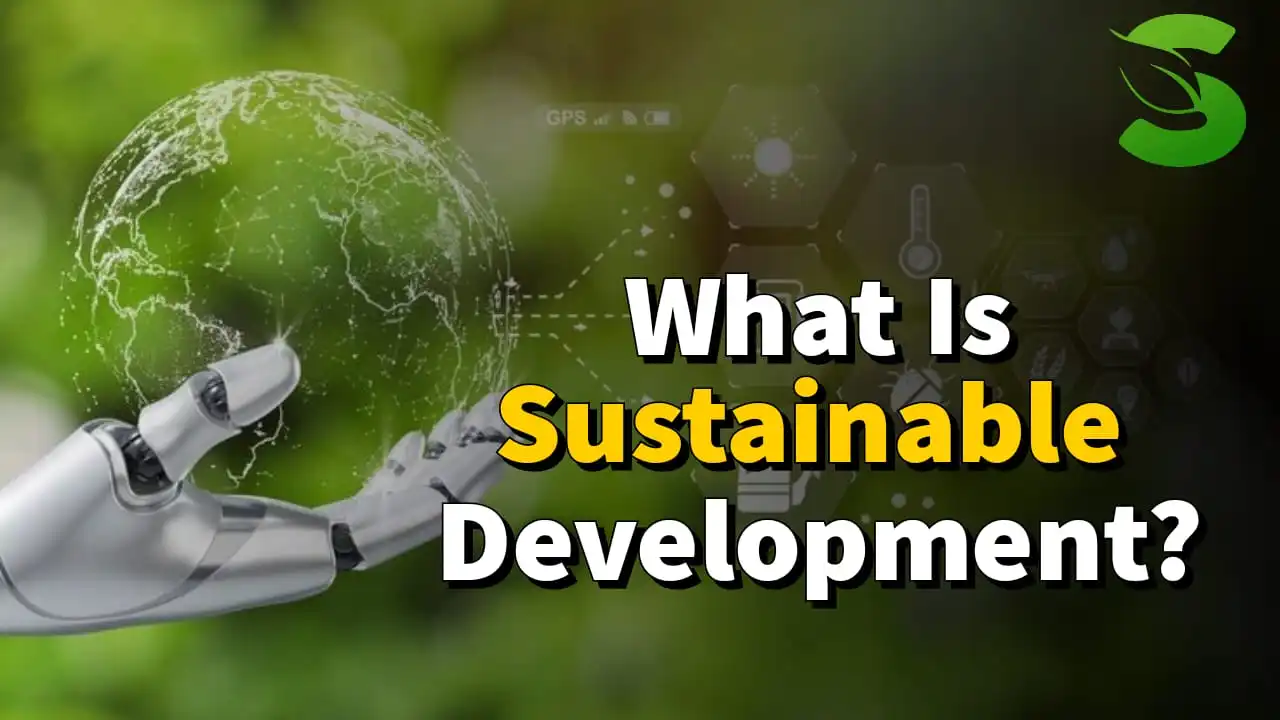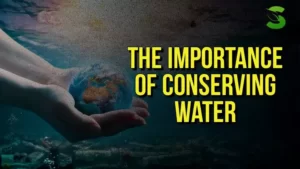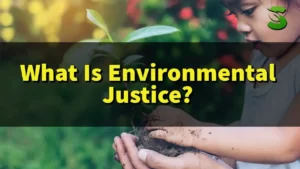Discover the essence of “what is sustainable development” in this comprehensive article. Learn about its significance, principles, and real-world applications. Dive into a sustainable future!
What is Sustainable Development?
In today’s rapidly changing world, sustainability has become a buzzword, but what is sustainable development, really? This article aims to provide a deep understanding of this crucial concept, covering its definition, principles, importance, and real-world applications. Walk alongside us as we work towards a sustainable tomorrow
Introduction
Sustainable development is not just a catchphrase; it’s a guiding principle for a better world. It encompasses the idea of meeting our current needs without compromising the ability of future generations to meet theirs. In this article, we’ll explore every facet of sustainable development, shedding light on its significance in today’s world.
The Essence of Sustainable Development
Defining Sustainable Development
Sustainable development, at its core, is about finding a harmonious balance between economic growth, social equity, and environmental protection. It’s not merely a goal but a process that should be woven into every aspect of our lives and societies.
The Three Pillars of Sustainability
To understand sustainable development, we must grasp its three fundamental pillars: economic, social, and environmental. These pillars form the foundation of a stable and prosperous future.
Economic Sustainability
Economic sustainability emphasizes responsible resource management, equitable distribution of wealth, and the long-term stability of economic systems.
Social Sustainability
Social sustainability focuses on ensuring that every member of society enjoys equal opportunities, rights, and access to essential services like education and healthcare.
Environmental Sustainability
Environmental sustainability revolves around preserving natural resources, reducing pollution, and mitigating the impacts of climate change.
The Importance of Sustainable Development
Preserving Our Planet
Sustainable development plays a critical role in preserving our planet. By adopting eco-friendly practices and reducing our carbon footprint, we can mitigate the adverse effects of climate change and protect the environment for future generations.
Enhancing Quality of Life
Through social sustainability, sustainable development aims to improve the quality of life for all. Access to education, healthcare, and fair job opportunities empowers individuals and fosters inclusive communities.
Long-Term Prosperity
Economic sustainability ensures the long-term prosperity of nations by promoting responsible resource management and preventing economic crises.
Real-World Applications
Sustainable Agriculture
Sustainable development is evident in practices like organic farming, which prioritize soil health, reduce chemical use, and ensure food security.
Renewable Energy
The transition to renewable energy sources like wind and solar power is a testament to our commitment to environmental sustainability.
Eco-Friendly Transportation
Electric vehicles and public transportation systems are making urban mobility more sustainable and reducing carbon emissions.
Sustainable Architecture
Innovations in green building design are reducing energy consumption and promoting sustainable urban development.
FAQs (Frequently Asked Questions)
Q: What is the main goal of sustainable development?
A: The primary objective of sustainable development is to meet the needs of the present without compromising the ability of future generations to meet their own needs.
Q: How does sustainable development benefit the environment?
A: Sustainable development promotes eco-friendly practices, reducing pollution, conserving natural resources, and mitigating climate change.
Q: Can you provide an example of social sustainability?
A: Social sustainability ensures that all members of society have equal access to education, healthcare, and employment opportunities, fostering inclusive communities.
Q: Why is economic sustainability essential for a nation’s prosperity?
A: Economic sustainability involves responsible resource management and equitable wealth distribution, ensuring long-term stability and preventing economic crises.
Q: How can individuals contribute to sustainable development?
A: Individuals can contribute by reducing their carbon footprint, conserving resources, supporting eco-friendly businesses, and advocating for sustainable practices.
Q: What are some challenges to achieving sustainable development?
A: Challenges include resistance to change, short-term economic interests, and the need for global cooperation to address environmental issues.
Conclusion
In conclusion, sustainable development is not just a concept but a roadmap to a better future. By prioritizing economic, social, and environmental sustainability, we can build a world where prosperity is shared, resources are preserved, and everyone has the opportunity to thrive. Embrace the principles of sustainable development, and together, we can shape a brighter tomorrow.
ALSO READ |The Ultimate Guide to Sustainable Living: Tips and Tricks to Reduce Your Impact on the Planet







